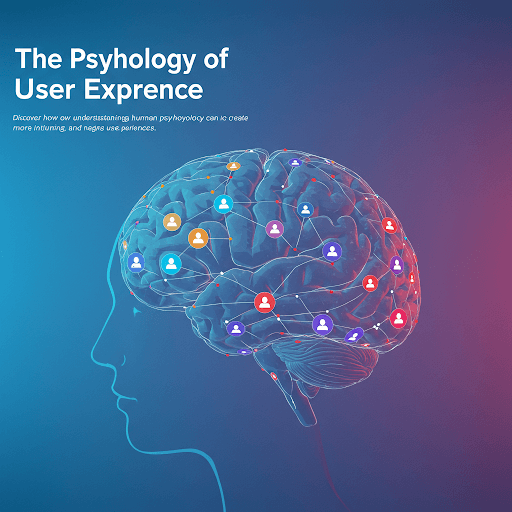
The Psychology of User Experience
User experience design is fundamentally about understanding human behavior and psychology. By leveraging principles from cognitive psychology, designers can create interfaces that feel intuitive and natural to users.
Concepts like mental models, cognitive load, and gestalt principles directly influence how users perceive and interact with digital products. For example, grouping related elements together (proximity principle) helps users understand relationships between different parts of an interface.
Emotional design also plays a crucial role in creating memorable experiences. Products that evoke positive emotions are more likely to be used regularly and recommended to others. This is why details like micro-interactions, thoughtful error messages, and personality in copy matter so much.
Understanding user motivation is another key aspect of UX psychology. What drives users to use your product? Are they seeking information, trying to complete a task, or looking for entertainment? Aligning your design with these motivations creates experiences that resonate on a deeper level.
By studying and applying psychological principles, designers can create experiences that not only look good but also feel right to users—reducing friction and creating satisfaction in the process.